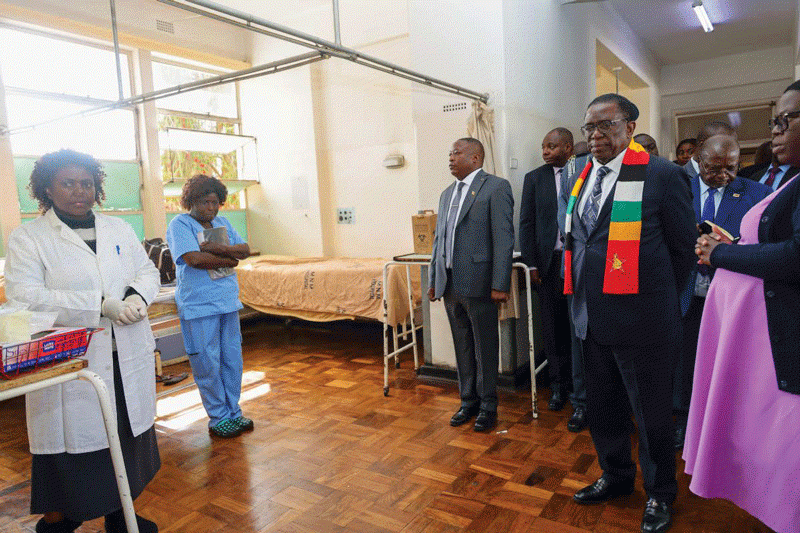
Humans, animals and plants all heavily depend on water for survival and for that reason there is need to find ways to better manage water sources.March 22 was World Water Day, a day set aside for the world to acknowledge the part water plays in our lives and the need to ensure its safety and ways to save it.
It’s a day that also focuses on the importance of sustainable management of freshwater resources.
The management of water is an area that presents a major challenge for developing nations, Zimbabwe most certainly included.
Over the years, failure by a considerable number of people to access clean drinking water has proved very costly to human life with many succumbing to preventable diseases like cholera and diarrhoea.
Do you know that in a country like Zimbabwe where water management authorities constantly run out of water purifying chemicals, there is a high possibility of the water from your tap containing not just bacteria and viruses but even human waste?
As a result of the services sector collapse in Zimbabwe during the last decade owing to an ailing economy, water supplies have often been erratic.
Those who can afford it have resorted to sinking boreholes or using bottled water but the majority settle for wells and other unprotected water sources.
Regrettably, most wells are shallow and lack protection and during the rainy season all the dirt lying around would be washed into these wells, contaminating the water.
- Chamisa under fire over US$120K donation
- Mavhunga puts DeMbare into Chibuku quarterfinals
- Pension funds bet on Cabora Bassa oilfields
- Councils defy govt fire tender directive
Keep Reading
Besides the communicable diseases, unsafe drinking water is reported to cause infant mortality.
Water from major water bodies such as lakes and rivers is mostly polluted through industrial toxins and heavy metals that accumulate, endangering fish and other aquatic life forms and subsequently the people who eat them.
Water is also contaminated through fertilisers and chemicals that our farmers tend to heavily rely on.
A good example is the pollution of Lake Chivero, Harare’s main source of drinking water, due to excess nutrients from run-off and chemicals among others.
Although the responsibility of water management and its safekeeping essentially lies with the responsible authorities, during this time when governments are known to let their people down, there is definite need for each of us to take the initiative in our personal capacities to help make the situation better.











